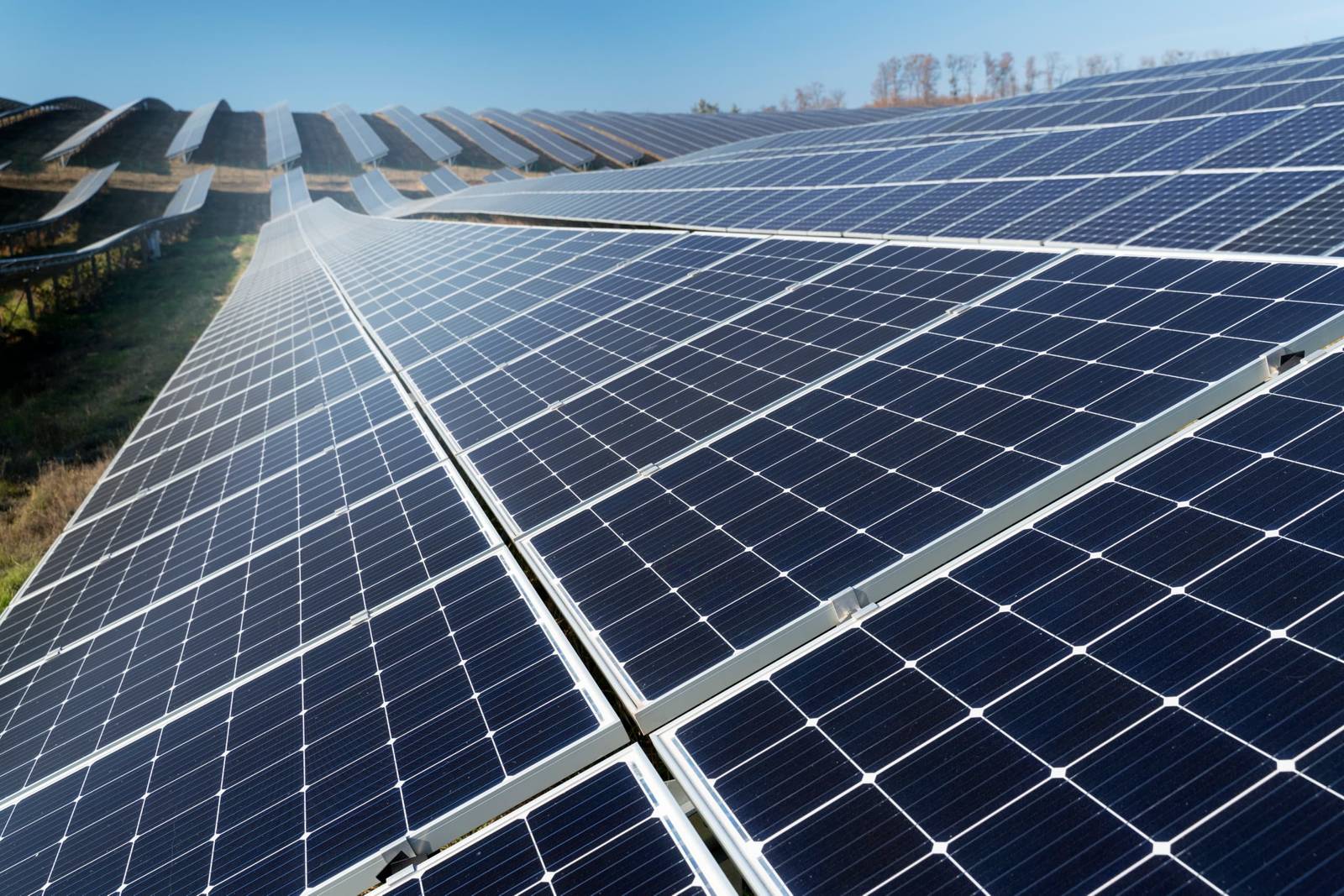By Zaynab Abodunrin, Sofiyat Adebayo, Divine Adediran Iyinoluwa, Rhoda Adebisi Kehinde
When we take a look at rural communities in the world today, we discover that access to reliable electricity is a luxury most can’t afford. That is, compared to the people in the bigger cities. This lack of adequate electricity hinders economy development in these communities, impedes on educational growth and access to quality health care service, as well as increases poverty. However, the invention of solar-powered energy is more that just a glimmer of hope, but a clean, sustainable and affordable solution to bridge the power gap.
For the people of Ilorin, the use of solar is a very proficient way to take advantage of the intense heat conditions with the list of local businesses, homes and individual enterprise being powered by solar energy. And as this revolutionary innovation is becoming rampant, it’s longer vague to say the “future is here”, because for the people in these communities, the future is already unfolding.
In Sentu, one of the underserved communities in Ilorin, where life often goes dark with the setting sun and where dreams are only reignited with the breaking of the day. However, thanks to a quiet revolution, solar energy is turning despairs into hope, lighting up homes, changing lives, and transforming the daily reality for hundreds of residents, especially students of the University of Ilorin who reside in the area due to the affordability of the homes there.
These students who live in the area can testify to the fact that solar energy has done more than illuminate their rooms, it has allowed them to focus on their academics without the constant struggle of looking for electricity to power their reading lamps or charge their devices.
“For months, I read with a candle”, Sofiyyah Adebayo, a student at the University of Ilorin narrates the impact of the solar energy in her academics, “Solar power brought back hope and made me beam with joy as I completed my assignment under the soft glow of a solar-powered lamp. This light feels like luxury”
For the villagers, solar power means better hygiene, safer streets, and easier access to water and communication. “I used to wake up at 4 a.m. just to fetch water before the sun came up,” says Mogaji Olowo, the community leader, as he recounts some of the ordeals caused by the epileptic power supply, “Now, with the solar-powered borehole, my wife and others in the village can fetch water at any time. That stress is gone. And the lights? Our streets now shine at night. It’s like a dream.”
Olowo emphasizes how much of a difference the project has made not only in practical terms, but emotionally as well. “Solar power is not just our light – it’s our happiness. It has brought dignity, peace, and comfort back to our lives,” he says, praising the students for their patience and resilience over the years.
However, the significance of solar power extends beyond Sentu because across Ilorin city and other nearby localities like Oke-Ose, Tanke, Akerebiata, and other areas often affected by the unreliable electricity, solar projects are being recognized as a sustainable and essential alternative. In some parts of Ilorin East and West LGAs, small-scale solar installations have helped power businesses, health centres, and schools.
Individual enterprises who have adopted solar energy see it as more than just a solution, but a preferable alternative. They highlight factors like the hike in fuel prices, stable electricity and the comfort that comes with using solar, for the shift.













